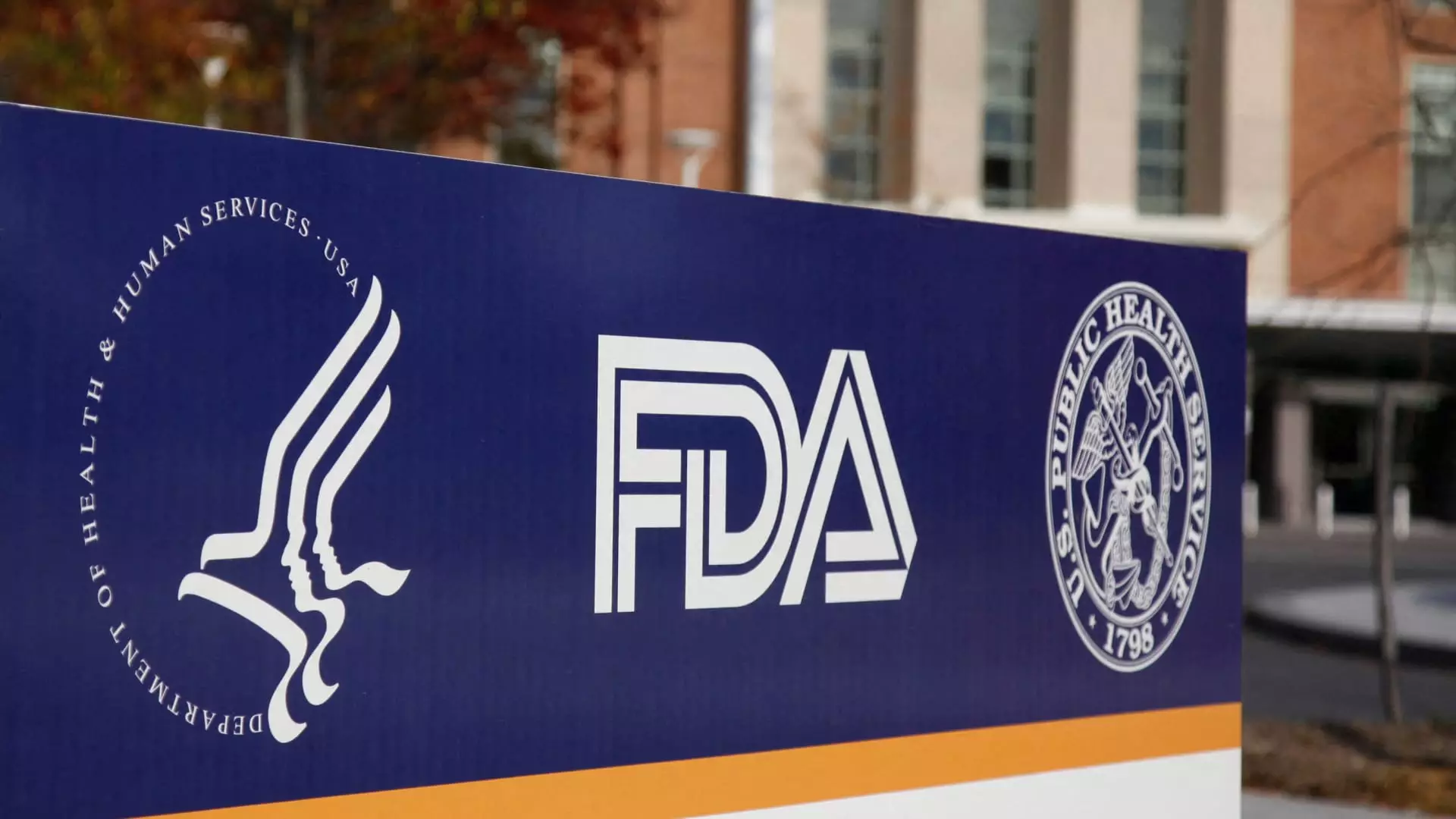The recent decisions emerging from the Food and Drug Administration (FDA) under the leadership of Robert F. Kennedy Jr. raise dire concerns regarding public health and safety. By dismantling the Division of Learning and Organizational Development (DLOD), the FDA is not only sidelining professional education but is effectively disabling a crucial support system for health care professionals and even its own staff. Disbanding a division designed to fortify knowledge and practice within the health sector reflects a perverse prioritization of austerity over education—an omission that could have devastating repercussions.
The fabric of public health relies on not just regulatory oversight but also on continuous learning and professional development. This dismantling sends the message that education and training are expendable in the face of supposed efficiency. In a world where medical science is perpetually evolving, stripping health-care professionals of access to education spells trouble—not just for them, but for the patients they serve.
Public Health Education: A Non-Negotiable Investment
The decision to eliminate the DLOD signifies a pivotal shift towards underestimating the importance of public health training. It was naive to assume that merely streamlining operations would lead to the prosperity of public health outcomes. The educational programs facilitated by DLOD were invaluable for both employees and external healthcare providers—educating them about everything from opioid safety to the latest research on infectious diseases. The essence of health care lies in well-informed practitioners; these cuts jeopardize that fundamental truth.
By terminating over 30 employees from DLOD, the FDA is dismantling a network that served as an educational backbone for professionals determined to provide safe and effective care. Without this training, there is a striking risk that the FDA may become an uninformed monitor rather than an engaged custodian of public health. The removal of resources designed for ongoing education means that healthcare workers must now seek out their own learning avenues—leading to potential gaps in knowledge, inefficiency, and ultimately, a fallout of public trust in health regulation.
Job Cuts Masked as Cost Cutting: The Deeper Implications
The administration claims that these cuts will yield significant cost savings and streamline operations within the Department of Health and Human Services (HHS). However, such rhetoric glosses over the alarming ramifications of disbanding a division primarily funded by user fees from pharmaceutical and medical device companies. This creates a paradox: a division financed through industry fees is deemed disposable in a budget-trimming exercise.
Such measures towards efficiency do not resonate when juxtaposed with the critical roles these teams played in protecting public health. The cuts will likely affect not just the professionals stripped of their jobs but also a healthcare landscape rife with uncertainty. For instance, the Continuing Education and Consultation Accreditation Team was the only group authorized to award training credits—a crucial service that ensured healthcare practitioners remain up-to-date with evolving standards and medical regulations. This is not just an administrative issue; it’s a public health emergency in the making.
The Ripple Effect: Consequences Beyond Immediate Cuts
The broader implications of this division’s closure threaten to ripple through the healthcare system. As healthcare professionals scramble to find alternative training resources, the risk of misinformation and outdated practices rises significantly. In a landscape where every piece of knowledge can lead to life-altering decisions, how can we afford to operate without a centralized institution providing consistent and credible educational resources?
Moreover, the lack of structured professional development risks creating disparities in healthcare knowledge among practitioners. The FDA’s responsibility towards regulating safety and efficacy in health practices becomes severely compromised if its workforce and external partners are not continually educated. The decision to cancel educational programming signifies a chilling indifference towards the fundamental standards of care that regulators must uphold.
Reassessing Priorities: Education or Austerity?
Kennedy’s pledge to reinstate certain roles and programs raises crucial questions about which ones will be prioritized. Will education survive in the backlash of budgetary cuts, or will austerity reign supreme? The FDA’s trajectory under these changes seems increasingly disconnected from the core tenets of public health, which emphasize ongoing learning, safety, and effectiveness.
Public health cannot merely function on a skeletal framework of regulations without the flesh of informed practitioners. It is integral to create a knowledgeable workforce capable of responding to complex health challenges. The phasing out of DLOD appears less an act of fiscal prudence and more an ideological stance against the established frameworks that support effective health governance. Emphasizing efficiency at the cost of comprehensive training is a dangerous gamble that risks not only public trust but also public health itself.


Leave a Reply